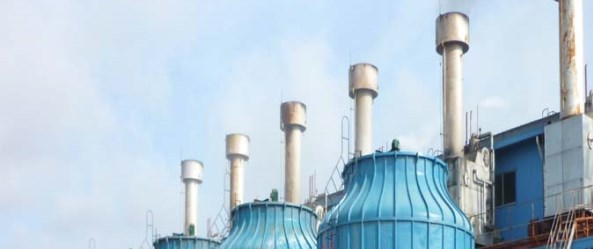Minister Ranawaka’s order for the immediate closure of Northern Power Company (Pvt) Ltd has come after a series of protests by local populace, including farmers, professionals, students community and the politicians over the dangerous operation and lethargic attitude of the company, which has allegedly got the backing of powerful members of the previous Rajapaksa regime.
The mere discharging of waste engine oil from this power plant on plain soil over the past six years has badly affected the natural underground water in the area. Nearly 1000 underground wells have been affected with oil leakage, causing enormous danger to the health and the irrigation facility in Chunnakam, Mallakam, Thellipalai, Punnalaikadduvan, Alaveddy and Nilavarai areas, where agriculture is the main livelihood.
The people in the area and the environmentalists repeatedly wrote to deposed president Mahinda Rajapaksa in the past, explaining the dangers they face, but of no avail.
The matter has already been moved to the court too. Based on the request made by the Japanese government, the Northern Provincial Council is also conducting its own research on the contamination of underground water with the waste engine oil.
Shaken by the unexpected regime change and the series of protest by the local populace, the Northern Power Company issued a statement earlier this week rejecting the allegations that its plant at Chunnakam was causing the pollution of wells located a couple of kms away.
“As Northern Power Company (Pvt) Ltd, we deny outright these baseless charges raised by parties with vested interests and not a single charge has been so far accepted by Courts. As all evidence presented to Court even points to another location as being the source of contamination, the Company is not in any way liable for the said situation,” MTD Walkers PLC Director/ CEO Lal Perera said in a statement on Tuesday.
He said that the Northern Power commenced the construction work of the Power plant in 2007 amidst the conflict situation when no company or individual was willing to even venture into the North taking all risks to provide much needed power to the people of Jaffna. He said that the generation of power commenced around May 2009 “and a larger population which had suffered severe hardships for over 15 years had electricity in their homes”.
He said that the power plant was being operated with proper environmental licenses and approvals, which is issued on an annual basis with quarterly checks carried out based out on the conditions required by the licensing authority/ies.
“We wish to state clearly that all our waste oil is collected in overhead tanks and disposed by sale and taken away by third parties and absolutely nothing is discharged to the ground,” Mr Perera said.






